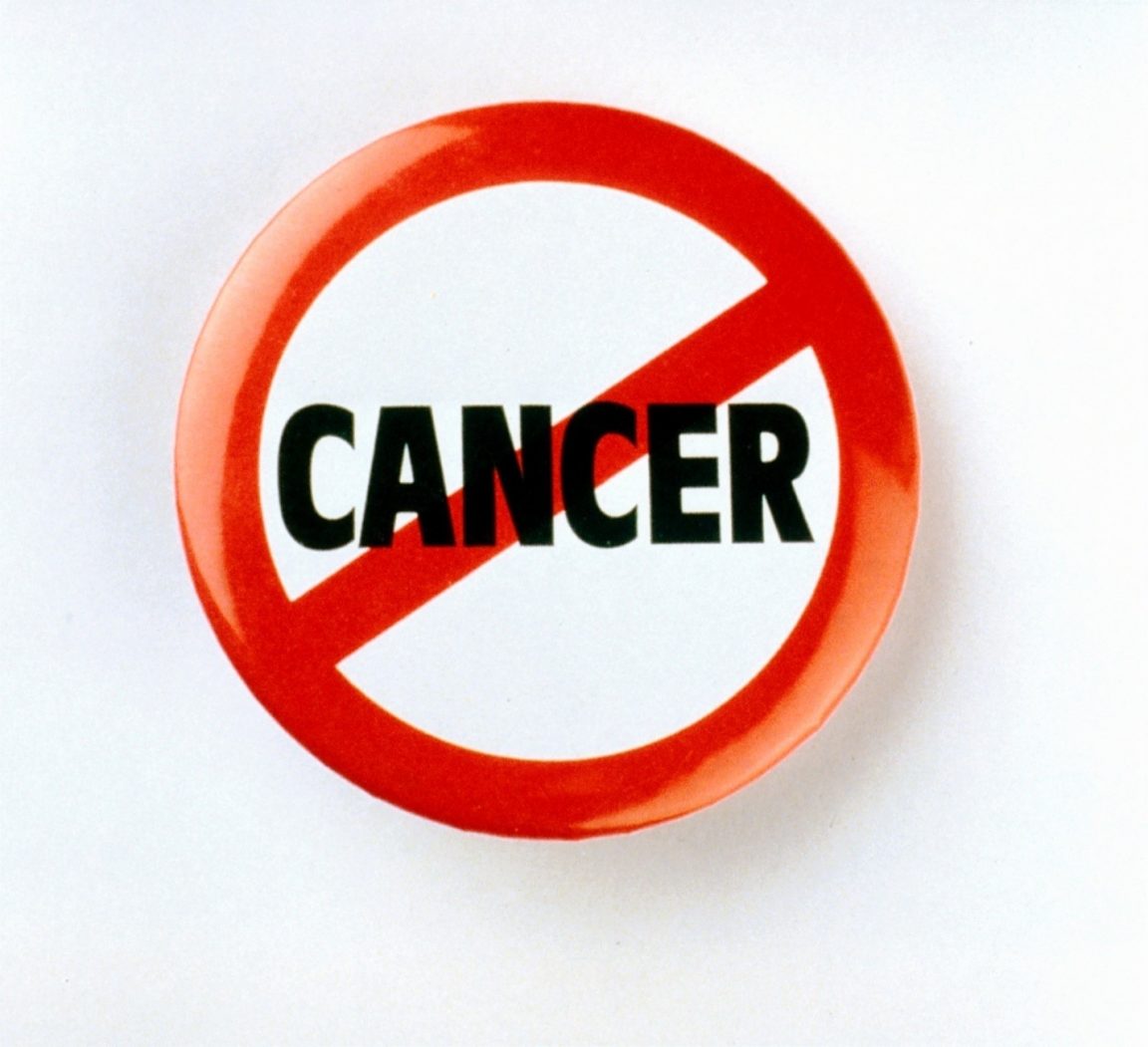Though medicinal products provide the cure for several diseases, these medicines can also have side effects that most people are not familiar with. If you are currently using ranitidine products, such as Zantac, you should stop taking them immediately.
Why Does Zantac Cause Cancer?
All ranitidine products were withdrawn from the market by the U.S. Food and Drug Administration in 2020. This order was passed based on suspicious amounts of Nitrosodimethylamine (NDMA) found in these products.
Nitrosodimethylamine is regarded as a lethal chemical that might trigger cancer cells in humans. Scientists are still figuring out the repercussions of consuming ranitidine products, such as Zantac, in heavy amounts.
Zantac’s ban effectively contributed to its relatively unique relationship between cancer-causing chemical, Nitrosodimethylamine (NDMA) and the heartburn curing drug Zantac. While other drugs, such as Metformin and Valsartan, also have traces of Nitrosodimethylamine, they do not get worse over time.
On the other hand, the levels of Nitrosodimethylamine found in Zantac are due to the chemical reaction of dimethylamine and nitrite. These levels tend to increase with time, affecting the consumer severely. Therefore, the FDA has issued a ban on this particular drug until further notice.
How Does Ranitidine Cause Cancer?
A study emerged in 2016, which suggested that ranitidine triggers the presence of Nitrosodimethylamine (NDMA) in urinary excretion, which ultimately causes bladder cancers. On the other hand, breast cancer is fairly common among women, most of whom used Zantac. Studies are being conducted to link the connection between the two. However, it is safe to say that the presence of Nitrosodimethylamine (NDMA) in any drug can have harmful effects, most of which are triggered by the consumption of Zantac for an extended period of time.
What Kind of Cancer Does Zantac Cause?
The high amount of NDMA can be a major cause of various types of cancers. Some of them are:
- Brain cancer
- Multiple Myeloma
- Kidney Cancer
- Islet cell tumors
- Thyroid cancer
- Leukemia
- Non-Hodgkin’s Lymphoma
Other cancers that Zantac may cause are as follows:
Intestinal Cancer
Excessive consumption of Zantac for an extended period of time can cause cancer in the small and large intestines. As rare as this cancer is, the person who has been suffering from this cancer might not be able to survive unless it has been diagnosed before it has spread to other body parts.
Esophageal Cancer
Zantac can cure heartburn. In most cases, patients who have severe heartburn issues consume this drug. However, it has some negative effects on the body. People with esophageal cancer have trouble swallowing and breathing. In addition to that, they also have severe episodes of heartburn. Moreover, the chest pains are rather frequent, which can be unbearable.
Stomach Cancer
The consumption of Zantac can cause gastric cancer, which is also known as stomach cancer. Unlike other types of cancer, the survival rate of patients diagnosed with stomach cancer is relatively high; about 70% of patients can live up to five years.
Liver Cancer
Liver cancer can be fatal and has a very short life expectancy. Patients diagnosed with liver cancer can experience severe episodes of abdominal pain. Moreover, an evident swelling in the abdomen might result in food repulsion. The patient might not be able to function properly throughout the day. They might feel weak and excessively tired all day long. Over-consumption of Zantac can cause liver cancer.
Bladder Cancer
Patients diagnosed with bladder cancer have trouble urinating. It can be a painful experience to pass urine. It becomes extremely challenging for them to consume any liquid. In addition to that, there might be traces of blood in the early stages of this cancer, which makes it relatively easier to diagnose bladder cancer. The life expectancy is rather high if taken care of promptly.
Pancreatic Cancer
Excessive consumption of Zantac can cause pancreatic cancer, which is regarded as one of the deadliest cancers out there. This cancer does not show signs until it’s too late to cure. Therefore, the life expectancy of a patient diagnosed with pancreatic cancer can be little to none.
Most patients suffering from pancreatic cancer experience severe abdominal pain. There is a change of color in their eyes; they might turn yellow as time goes by. Once it starts showing signs, this cancer can cause unwarranted episodes of itchiness and inflammation on the skin.
Throat Cancer
The throat is laced with flat cells that can be triggered if the person has throat cancer. They might experience severe coughing and sore throat. Moreover, a throat cancer patient goes through a phase where they might feel changes in their voice or trouble speaking because of continuous coughing. Consumption of Zantac can lead to throat cancer.
Prostate Cancer
Prostate cancer is one of the most common types of cancer, found mainly in men. Excessive consumption of Zantac for an extended period of time can result in this cancer, where the patient might experience erectile dysfunction. Another symptom of prostate cancer is painful urination.
People who have prostate cancer might get to know about their prevailing disease in later stages. This is because this cancer spreads slowly and might not be easy to diagnose in the earlier stages.
Final Word
Zantac has high levels of Nitrosodimethylamine (NDMA) that can cause cancer in humans. Even though the FDA has banned this drug, you might still find it in various medical stores. Refrain from consuming ranitidine products as it could save you from a fatal disease, such as cancer.


